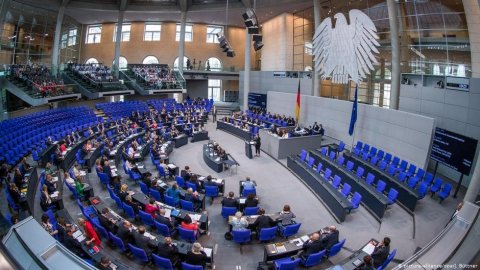Germany Suspends Family Reunification for Subsidiary Protection
In a significant policy shift, Germany has announced the suspension of family reunification for individuals granted subsidiary protection. This move has raised concerns among many seeking to reunite with their families, particularly in the context of the ongoing humanitarian challenges faced by numerous refugees. Understanding the implications of this decision is crucial for those affected.
What is Subsidiary Protection?
Subsidiary protection is a form of international protection granted to individuals who do not qualify for refugee status but still face a serious risk of harm if returned to their home country. This protection is often given to people fleeing conflict, violence, or persecution. In Germany, individuals with subsidiary protection have certain rights, including access to education and the labor market, but the recent suspension of family reunification poses new challenges.
The Suspension of Family Reunification
The German government has implemented a two-year suspension on family reunification for those holding subsidiary protection status. This decision affects thousands of individuals who were hoping to bring their family members to Germany. The rationale behind this policy change includes:
The suspension has sparked widespread criticism from humanitarian organizations and advocates who argue that it undermines the fundamental right to family life.
Impact on Families
The suspension of family reunification has immediate and long-term consequences for many families affected by this decision:
What Should Affected Individuals Do?
For those impacted by the suspension, there are several steps to consider:
Future Prospects
As Germany navigates its immigration policies, the future of family reunification for subsidiary protection holders remains uncertain. Advocacy groups continue to push for policy revisions that prioritize family unity and humanitarian considerations. The situation is dynamic, and ongoing developments in immigration law could lead to changes in this policy.
Conclusion
The suspension of family reunification for subsidiary protection holders in Germany raises significant humanitarian concerns. It highlights the ongoing challenges facing refugees and the importance of maintaining a focus on family unity amidst shifting immigration policies. As the situation evolves, staying informed and seeking support will be vital for those affected by these changes.
In the broader context of immigration, this decision reflects the complexities and ongoing debates surrounding asylum processes, integration challenges, and the rights of individuals seeking refuge. With the landscape continuously changing, it is essential for stakeholders to advocate for policies that uphold the dignity and rights of all individuals, ensuring that family reunification remains a priority in future immigration reforms.










